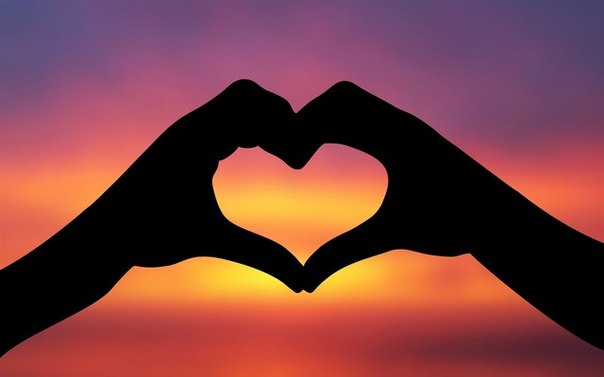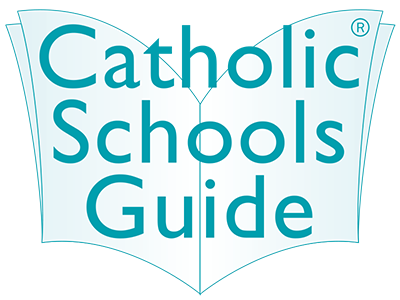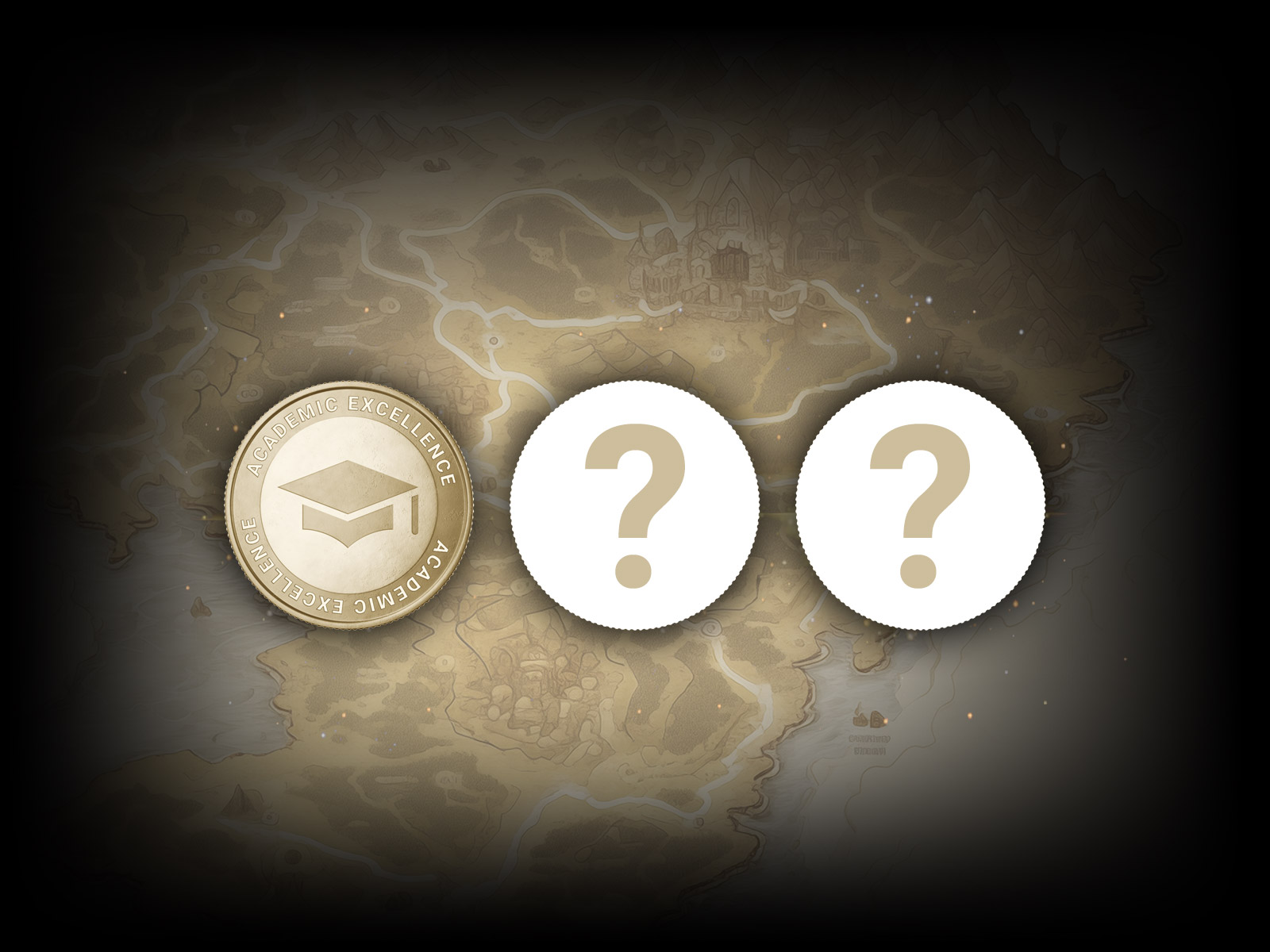News and Media

Reflections of a Larrakia Woman: Champions of Change By Dr Donna Odegaard
Being a champion of change for Aboriginal and Torres Strait Islander peoples arises from an innate sense of self, connection to my cultural heritage, strength in identity, responsibility as a Larrakia Traditional Owner and Torres Strait Islander, and importantly, doing so with a ‘good heart’.
Underpinning my beliefs and practice are cultural protocols and ethics that dictate the extent, limitations and contexts of what I am able to do. I learned a long time ago from my Elders and respected guides that it’s what you do for your family and collective community – to ensure they are respected, acknowledged, given a voice and opportunity to protect and preserve cultural heritage, sacred sites and places, laws and customs – that is important.
Listening to my relatives as we gathered around the campfire, usually at night, mesmerised by stories of the old days and the old ways, I was told by wise Elders that ‘it’ calls you, you do not choose ‘it’. This refers to spirituality, culture, Aboriginal law and knowledge that is gained by mainly listening, not asking questions, being respectful and dutiful for the good of others and the betterment of their lives. My journey has been paved by struggle, sacrifice, bravery, discipline, an inquiring mind and an inner ‘will to win’ over disadvantage and hardship. I’ve learned from experience and forced myself into doing things that did not come natural to me, to be better at what I think and do, going to university as a mature age student and single mother, immersing myself in the history of first contact between First Nations peoples and the State/Aboriginal relationship.
I found my calling as a champion of change through living and working at the coalface of community development, being involved in land claims, Aboriginal legal services, Aboriginal heritage, Aboriginal Education, establishing businesses and becoming a board member of as many relevant boards as I could. This has given me valuable insight into the nuances, complexities and uniqueness of First Nations Indigenous Australians in that identity and spirituality can only be defined by those who have that knowledge and experience. I cannot speak for anyone else’s identity or Country, that is theirs alone to define and speak about. I continue to push for change particularly for First Nations Indigenous women and girls to have the same opportunity and support that is rightly bestowed upon our men and boys. We need our women and girls to have greater access to leadership roles in business, industry, defence and government. We are seeing change, but in comparison, there is little investment in our women and girls to make a difference. Having said that, I witness the rise of First Nations women and girls through their own self-determination and conviction to become the champions of change.
From my various roles, I have learned that there are key elements to becoming a champion of change, and I’ve realised the
importance of listening, strategic relationships and the power of collaboration and partnerships. The success of these depends on two key factors: the importance of nurturing partner relationships across communities, government jurisdictions, stakeholder groups, industry and the business sector; and secondly, acknowledging the role each individual and group plays in achieving targeted outcomes for change.
Forming partnerships is a crucial part of improving the lives of First Nations peoples doing business – essentially, it’s an individual and group effort to commit to a set of guidelines. In this case, I’m also talking about principles based upon acknowledgement and respect for First Australians and all Australians working collaboratively, effectively towards common goals, and mutually beneficial outcomes for society as a whole. We must start to be the change from our own position, in our families, our homes and our communities.
What strikes me as fundamental at the outset is asking first what First Nations Indigenous peoples’ views are in relation to what they want to change. After all, we have time immemorial of cultural experience, but we were never asked in the past what is important to us, what our values are and how can we change things for the betterment and future of Aboriginal and Torres Strait Islander peoples.
First Nations leaders’ values and drive to make change in our communities flows on to Australian society. Social and economic improvement alleviates disadvantage, poverty, homelessness and lifestyle illnesses. Listening and building relationships will give our First Nations Indigenous peoples a voice to set the direction and path they want for future generations.
The fact we are diverse and different is our greatest strength and also, our vulnerability. We are mostly open, sometimes confronting – I think our individual and collective personality is also our greatest strength. Many of us have learned the hard way when to tread lightly or simply go for it! The important thing is to be the change we want.

By Dr Donna Odegaard,
Larrakia Elder, Founder and Chairperson, First Nations Broadcasting Australia
Dr Donna Odegaard AM, Larrakia Elder from Darwin, NT is a business woman with over 40 years’ experience, has a Master’s degree on Aboriginal Land Rights and PhD on Treaty. Dr Odegaard is mother of two successful children, has three grandchildren and four great-grandchildren.
She is the owner and founder of Australia’s largest privately owned media network, First Nations Broadcasting Australia, reaching 2,400 Indigenous communities across Australia in over 30 Indigenous languages. With over 30 years’ experience in Indigenous heritage, education, native title, land rights, community development and business, Dr Odegaard was awarded an Honorary Doctor of Letters by the University of Newcastle in 2020 for her life-long commitment to Indigenous heritage, Indigenous media and Indigenous education.
Dr Odegaard is a speaker on Indigenous Business and Entrepreneurship, Indigenous Affairs, Policy Reform and Indigenous Women in Leadership.

